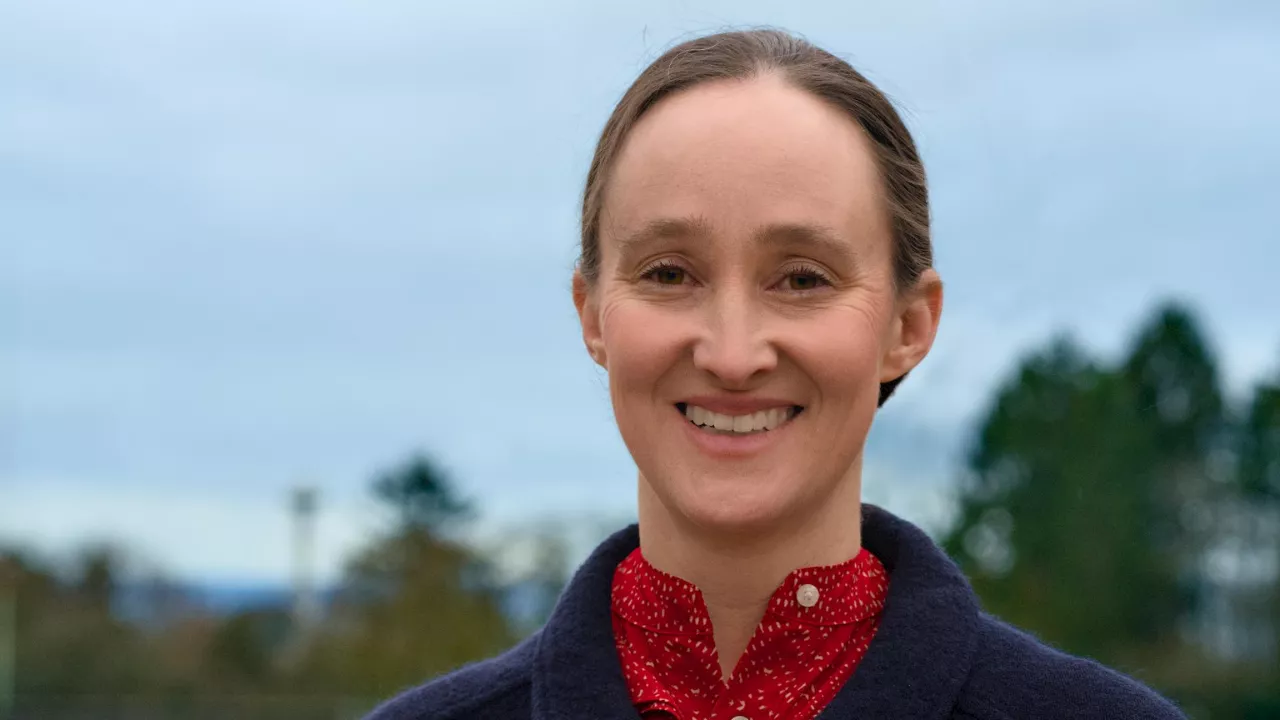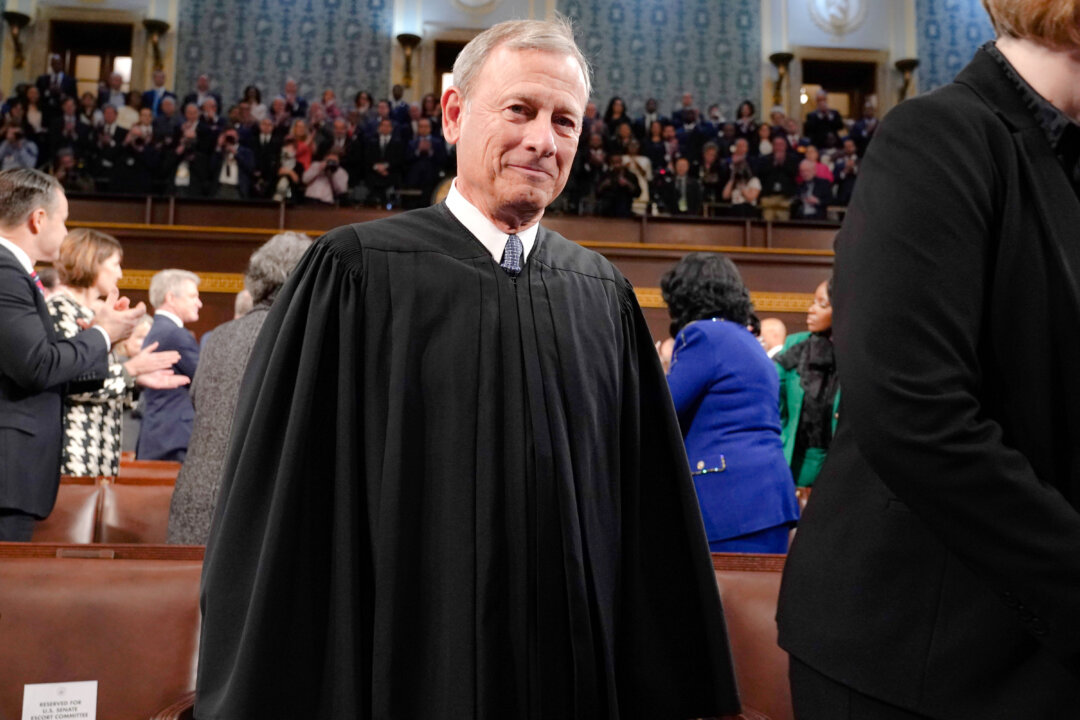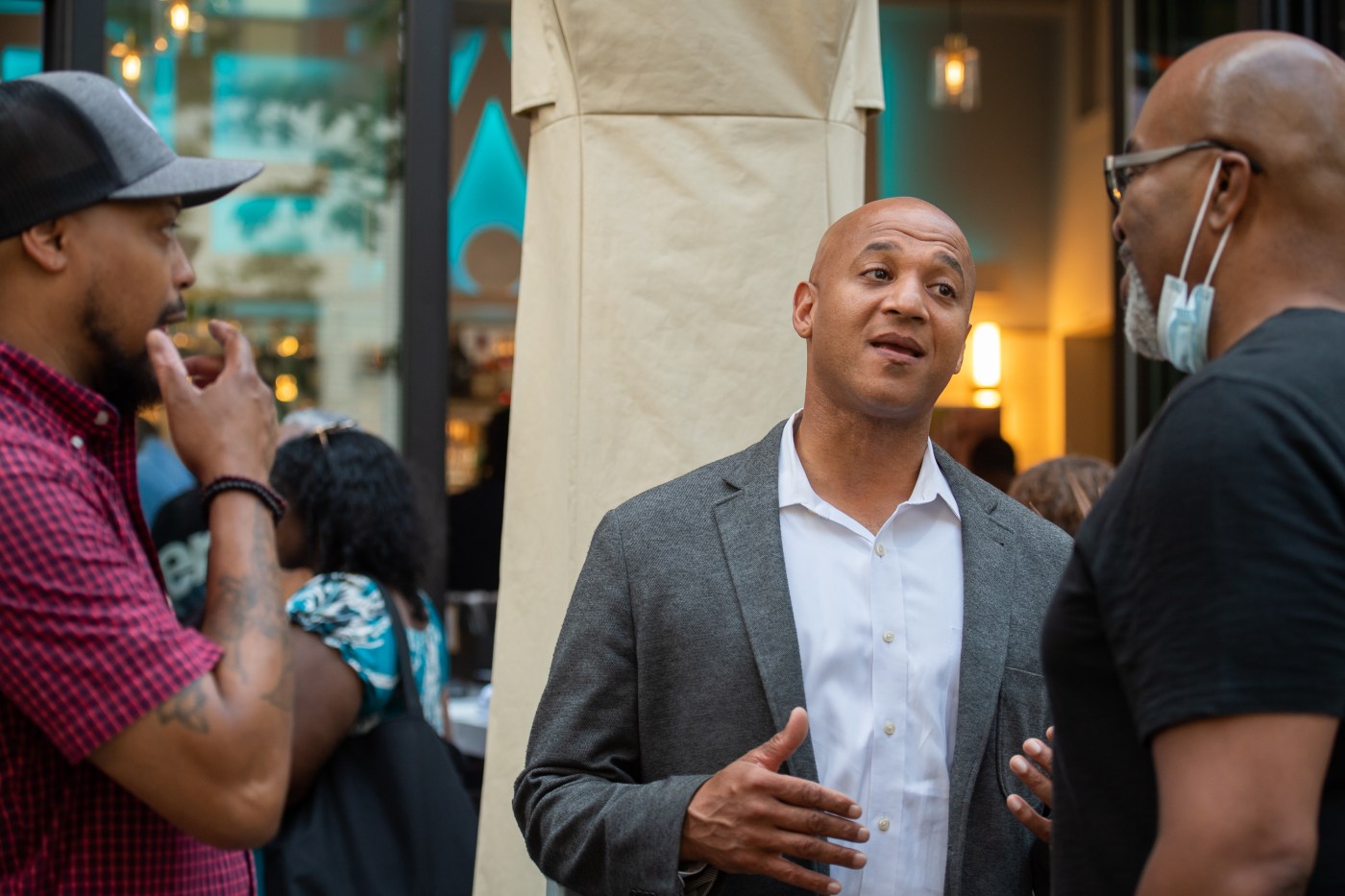Seattle’s political landscape has shifted as incumbent mayor Bruce Harrell conceded defeat to progressive activist Katie Wilson in a tightly contested election. Wilson, a self-identified democratic socialist, won by a narrow margin of less than 2,000 votes, according to the latest tally from the King County Elections office updated on March 5, 2024.
In his concession speech, Harrell congratulated Wilson on her victory, stating, “I just spoke with Mayor-elect Katie Wilson to congratulate her on a hard-fought victory,” adding that his team would assist with a smooth transition. Harrell expressed optimism about the future of Seattle despite his electoral loss.
Wilson’s campaign focused on critical issues such as increasing the minimum wage, enhancing public transit, and addressing affordable housing. Her experience includes founding the Transit Riders Union in 2011, where she advocated for better transit policies. Wilson’s background is diverse, having worked in various roles including barista, legal assistant, and construction worker, before transitioning to activism.
The mayor-elect has credited her parents for their financial support during her campaign, particularly in managing child care expenses, which she noted could be as high as $2,200 per month. “They send me a check periodically to help with the child care expenses,” Wilson told Seattle’s PubliCola, emphasizing the challenges she faced while balancing family life and her political ambitions.
Before moving to Seattle in 2004, Wilson lived in upstate New York, where she graduated high school in Binghamton. She attended Oxford University on financial assistance from her parents but left the institution just weeks before graduation without earning a degree. This unique blend of personal experience and activism has shaped her vision for Seattle.
Wilson has drawn comparisons to fellow progressive Zohran Mamdani from New York City, particularly in her approach to governance. Like Mamdani, Wilson has proposed the idea of government-run grocery stores and has garnered support from labor unions, including the UFCW 3000, Washington’s largest private sector union. Her campaign platform also highlighted priorities such as environmental justice, equity, and homelessness.
As Seattle prepares for this leadership change, Wilson’s election signals a significant shift within the local Democratic Party, aligning with the far-left base. Her term as mayor will extend for four years, concluding in 2029, unless she resigns or is otherwise removed from office.
Wilson’s victory is emblematic of a broader trend among progressive candidates gaining traction in various electoral contests nationwide, reflecting growing discontent with traditional political structures and a desire for change in addressing pressing urban issues.







